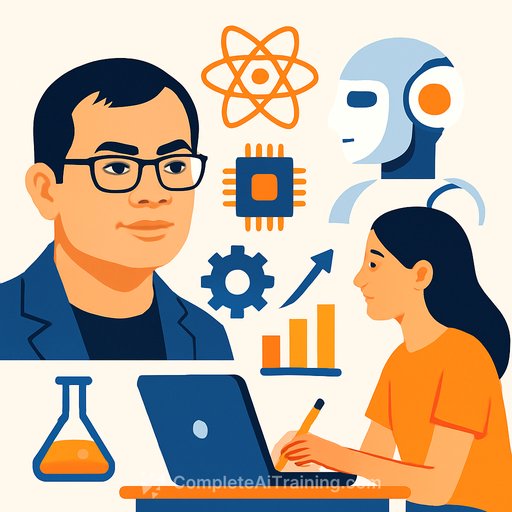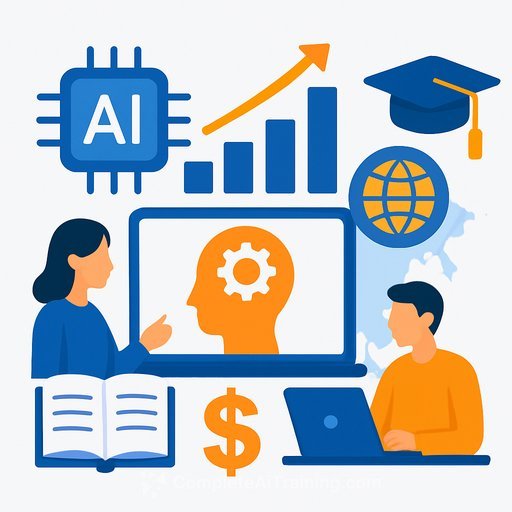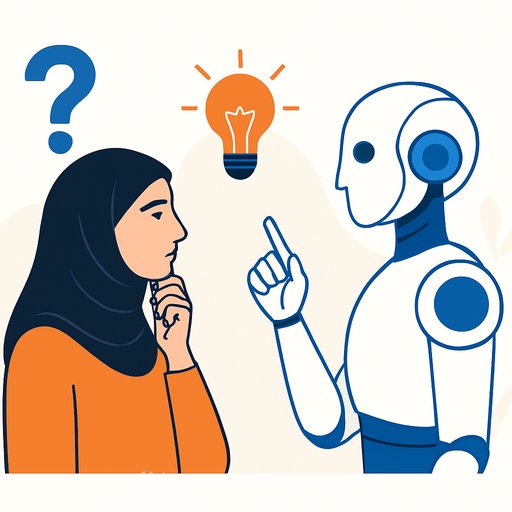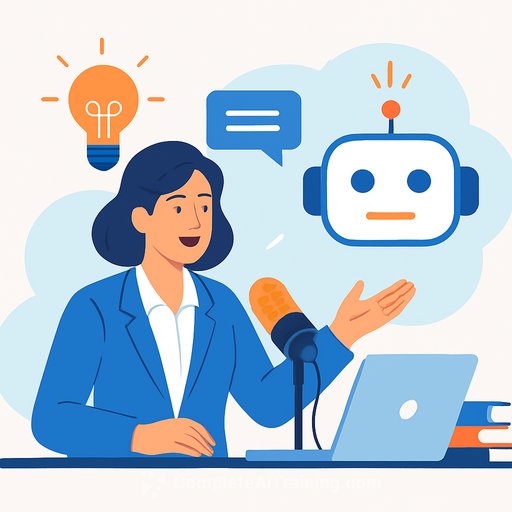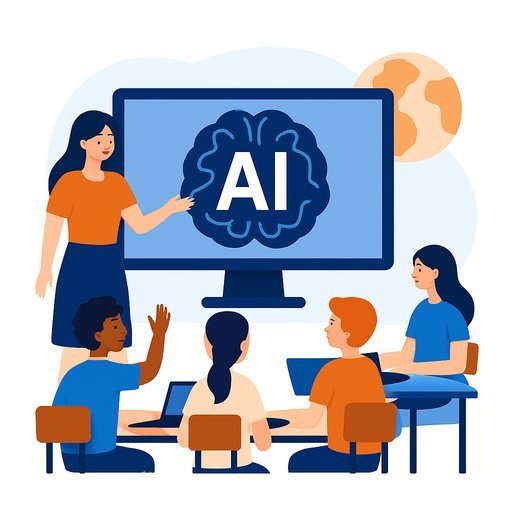Demis Hassabis on What Students Should Study in an AI-Driven Future
Demis Hassabis, CEO of Google DeepMind and Nobel Prize winner, shared clear advice for students aiming to thrive in the future job market shaped by artificial intelligence. Speaking at SXSW London, he stressed that foundational knowledge in mathematics, physics, and computer science remains essential despite the rapid changes AI brings.
Prioritize STEM Fundamentals
"It's still important to understand fundamentals," Hassabis said, highlighting that these subjects help students grasp how AI systems are built and operate. This foundation will be critical for those hoping to engage with AI technologies deeply and effectively.
Embrace AI Tools Early
Hassabis encourages students to get hands-on experience with the latest AI systems. Experimenting with AI tools and discovering innovative ways to apply them will give students a competitive edge. As the workforce increasingly integrates AI into daily tasks, familiarity with these technologies will be invaluable.
He also pointed out that today's children will grow up as "AI natives," much like earlier generations grew up with the internet. This fluency will be crucial as companies use AI for functions such as coding and automation, with major firms like Meta, Microsoft, and Google already leading the way.
AI Will Create Valuable New Jobs
Contrary to concerns about job displacement, Hassabis predicts AI will generate "new very valuable jobs" over the next five to ten years. These opportunities will particularly benefit technically skilled individuals who can work alongside AI systems effectively.
He compared AI’s impact to the Industrial Revolution, expressing confidence in human adaptability. While some roles may decline, those who understand AI tools will find themselves "supercharged" in their work.
Preparing Students for the Future
- Focus on core STEM subjects like math, physics, and computer science.
- Gain practical experience by experimenting with AI tools and systems.
- Stay informed about AI developments and emerging job opportunities.
- Encourage a mindset open to integrating AI into various workflows.
For educators, this guidance underscores the importance of blending strong STEM curricula with opportunities for students to engage directly with AI technologies. Providing access to AI tools and real-world projects can help develop the skills that future employers will seek.
Those interested in expanding their AI skills can explore a variety of practical AI courses that offer hands-on experience with current tools and systems.
Looking Ahead: AI and Education
At Google’s I/O developer conference, Hassabis and Sergey Brin predicted that artificial general intelligence—AI matching or surpassing human abilities—might arrive around 2030. This estimate highlights the urgency for students and educators to adapt learning approaches now.
Integrating AI literacy into education will be crucial, not just for creating specialists but for all students to thrive in an AI-enabled workforce.
Your membership also unlocks:

